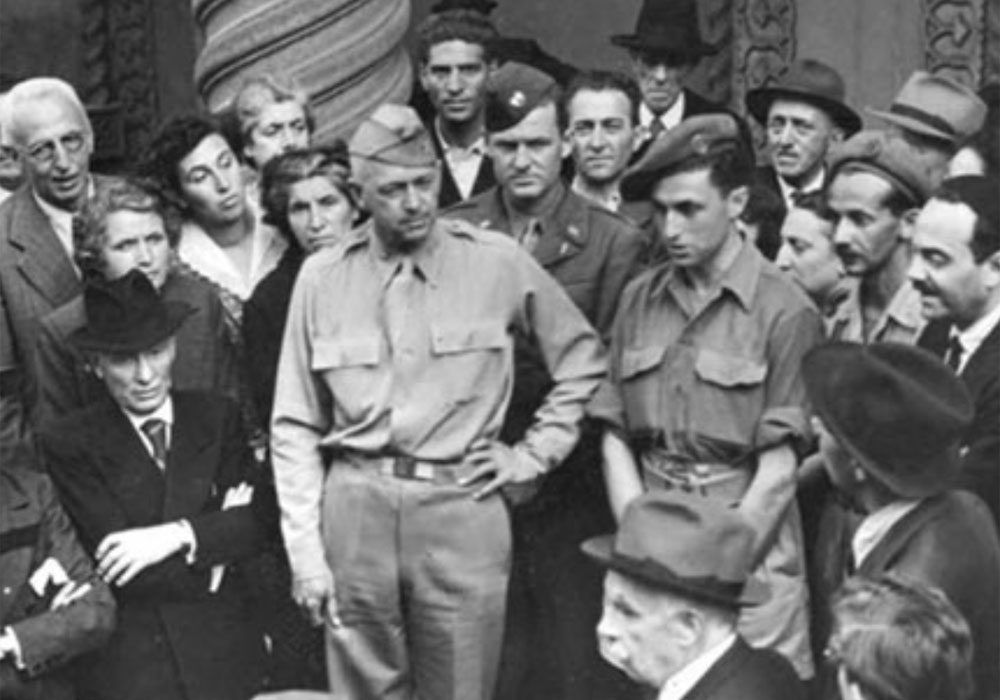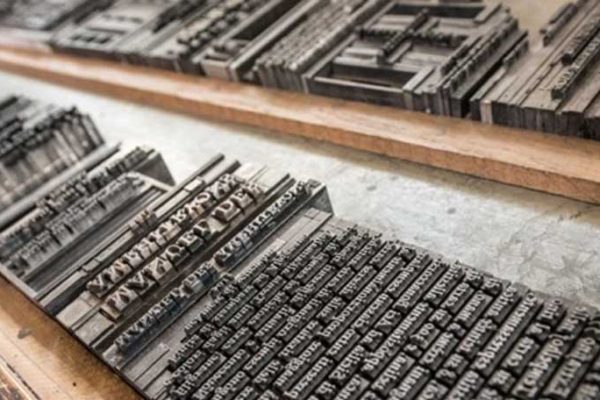Vittorio Dan Segre, Memoirs of a Fortunate Jew: An Italian Story, University of Chicago Press, 2008 (1st ed. 1987)
 John Gross, The New York Times
John Gross, The New York Times
‘I NEVER entered into the Mussolini regime – I was born into it,” writes Dan Vittorio Segre. To be more precise, he was born at the end of 1922, a month after Mussolini came to power. His father, a wealthy landowner, was a Fascist, and he grew up -first in Piedmont, then in the town of Udine, northeast of Venice – in an atmosphere where Fascism seemed part of the natural order. It was a comfortable, cocooned existence.
The one thing that set the Segres apart was that they were Jewish. At first this made very little difference, however. They preserved a few Jewish traditions, but like most Italian Jews, they were fully integrated into Italian society, and anti-Semitism had never been a problem for them. Then, in 1938, Mussolini introduced his anti-Semitic Racial Laws.
Mr. Segre’s response (after unsuccessfully trying to join the French Foreign Legion) was to decide to immigrate to Palestine. He knew nothing about Zionism and very little of what might await him when he got off the boat in Tel Aviv; he was only 16 years old, and his head was full of romantic dreams of somehow emulating Garibaldi.
Not surprisingly, his father objected, but an incident involving a cousin named Ettore Ovazza made him change his mind. There were still Italian Jews who thought they could ingratiate themselves with the regime by demonstrating their loyalty; in the case of Ovazza, this took the form of planning a ”punitive action” against a Jewish paper that had angered the authorities by continuing to defend Jewish civil rights. When Mr. Segre’s father heard that the plan had in fact been carried out and the offices of the paper burned down, he agreed that the time had come for his son to leave.
Mr. Segre arrived in Palestine in 1939. After working on a kibbutz, he attended an agricultural school, then enlisted in the British Army; for a time he was an Italian-language announcer for the military radio service in Jerusalem, and later he took part in the liberation of Italy. Today, after a career in Israel that has included both diplomacy and journalism, he teaches at Haifa University.
In ”Memoirs of a Fortunate Jew,” he has distilled the experience of his first 23 years. Sometimes he dwells on a particular episode or individual, sometimes he compresses a long stretch of time into a few sharp images. He is good at reconstructing events and even better at the more difficult art of recapturing moods and atmospheres.
His first hours in Tel Aviv, for example, are brilliantly evoked – his disorientation, his sense that he had reached a country ”with no hiding places for the soul.” But then his entire picture of Palestine in the early 1940’s has an exceptional clarity. I find it hard to recall another account of the Jewish community in the country that conjures up so convincingly the feverishness of the period, its interminable arguments, its anger and exaltation.
We meet some impressive personalities in Mr. Segre’s pages and some strange ones, too, men and women on their way from complicated pasts to unforeseeable futures. His own story and that of his family are as paradoxical as any.
One of the immediate consequences of his leaving for Palestine, for example, was that his mother decided to become a Christian. Later, in old age, she took to spending her winters in Israel; while she was there, she started learning Hebrew (a language her parents had forgotten) from the monks in the monastery where she attended mass, and she is buried in the grounds of a convent in Jerusalem. As Mr. Segre wryly observes, she was the first member of his family in 2,000 years to follow the custom of pious Jews who went to die in the Holy Land.
”Memoirs of a Fortunate Jew” is an unusually attractive book – attractive in its irony, its energy and its moral insight. Mr. Segre had some rich material to work with, and he has done it justice.
The Italy that Mr. Segre left behind was a country where Jews were already being discriminated against in various unpleasant ways but where their life went on. It was only after the German occupation of northern and central Italy in the autumn of 1943 that Italian Jews became exposed to the full horrors of the Holocaust.
This relatively late date partly explains why their survival rate -around 85 percent – was so much higher than almost anywhere else in wartime Europe. But there were other reasons, too, including the absence of a strong tradition of native anti-Semitism.
The whole story has now been recounted and analyzed in ”The Italians and the Holocaust,” an admirable study by Susan Zuccotti. Mrs. Zuccotti, who makes particularly effective use of the narratives of survivors, has written a fascinating book, and – insofar as the subject allows – a rather heartening one; certainly it contains frequent examples of courageous and civilized behavior.
Having said that, one must add that it is still a book about the Holocaust. If you read it, you must be prepared to confront atrocities like the case of the SS woman who tortured and strangled a woman in a cell and then forced her 75-year-old mother into the same cell and left her there to die of starvation. But these are things that ought not to be forgotten – not, at least, until they have first been remembered.
One of the horrors that Mrs. Zuccotti documents, incidentally, is the murder of Ettore Ovazza and his family. Mr. Segre’s parents were more fortunate; they both survived, thanks to the help of non-Jewish neighbors.
“I was probably less than five years old when my father fired a shot at my head.” From this first line, Dan Vittorio Segre’s memoir moves from one startling turning point to the next. The child of aristocratic parents, Segre fled Fascist Italy and Mussolini’s anti-Semitic laws only to be thrust into the pioneering culture of Palestine, completely unprepared for the dangers of life in Israel during World War II. Beautifully narrated, Memoirs of a Fortunate Jew is an ironic, philosophical meditation on the historical reverberations of the twentieth century.
“Taut and illuminating . . . memorable . . . written with the humility of he who confesses himself and with the honesty of he who bore witness.”—Primo Levi
“A haunting tale, beautifully written and with a talent, reminiscent of Proust, to endow the past with a deep psychological meaning… A stunning exercise in self-awareness.” (Amos Elon )
“A spellbinding biography of genuine literary value that reads like an adventure story. Those familiar with the bitter and depressing tone of the Jews” misfortunes in the maelstrom of wars and holocausts will derive a unique freshness from the irony, humour and sensuality of Dan Segre.” (A.B. Yehoshua )









